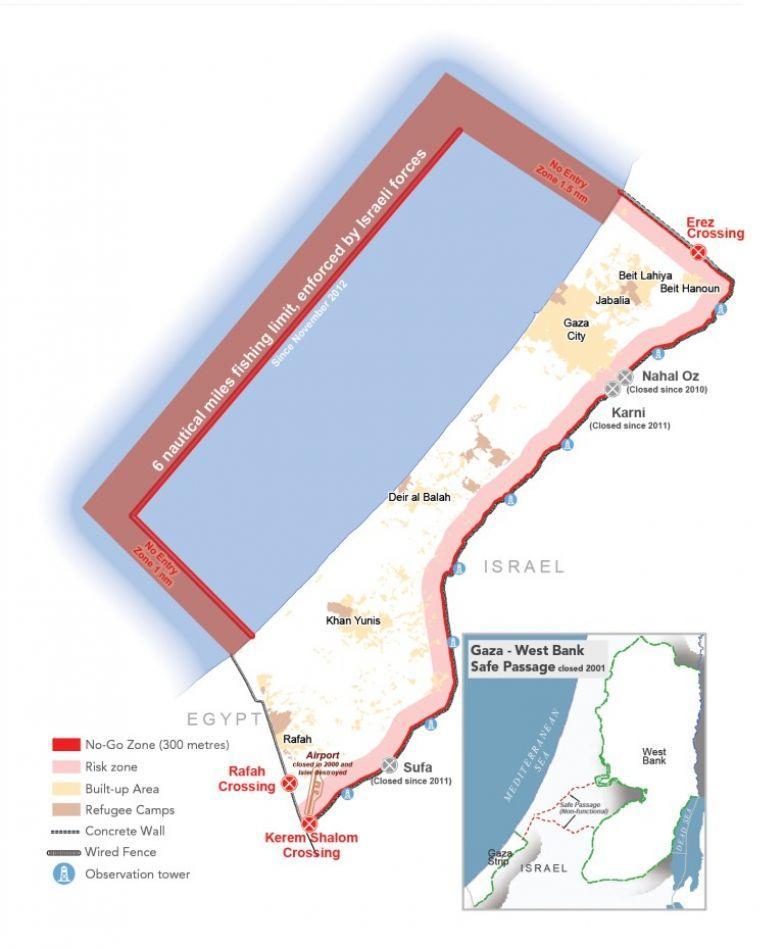International Support for Gaza Reconstruction
On Saturday, Britain, France, Germany, and Italy voiced their backing for a new proposal from predominantly Muslim countries aimed at reconstructing Gaza, calling this initiative a ‘realistic path’ forward. This plan stands in stark contrast to US President Donald Trump’s vision of taking control of Gaza and forcibly relocating its residents. According to a joint statement from the foreign ministers of these nations, the proposed reconstruction plan holds the potential to swiftly and sustainably improve the dire living conditions faced by Palestinians in the region.
The four European nations emphasized the importance of implementing this proposal, urging that it could lead to substantial advancements for the approximately 2.4 million Palestinians who have suffered through 17 months of conflict. The initiative is seen as a crucial step towards addressing the humanitarian crisis in Gaza, which has been exacerbated by ongoing violence and instability.
OIC’s Unified Approach
The Organisation of Islamic Cooperation (OIC), comprising 57 member states, officially adopted the reconstruction plan proposed by the Arab League in an emergency meeting held in Saudi Arabia. This plan, which was meticulously crafted by Egypt, is intended as a countermeasure to Trump’s controversial takeover bid. It envisions rebuilding Gaza under the governance of the Palestinian Authority, ensuring that the territory’s long-suffering residents are not displaced.
By focusing on a sustainable rebuilding strategy, the OIC hopes to foster stability and peace in a region that has faced unprecedented turmoil. While the exact role of Hamas—the ruling entity in Gaza—remains unclear within this proposal, the collective support from OIC members signals a unified front in seeking a resolution to the ongoing crisis.
Calls for International Aid
In their statement, the OIC called upon the international community, along with regional and global funding organizations, to act swiftly in providing the necessary resources to support the reconstruction initiative. This appeal underscores the urgent need for financial and logistical assistance in addressing the profound humanitarian needs of Gazan residents.
Despite the controversial political landscape and the rejection of this proposal by both the US and Israel, the European foreign ministers expressed that it represents a viable pathway toward reconstruction. They stressed the necessity for cooperation among all parties involved, indicating a commitment to engaging with the Arab initiative, as well as with both Palestinian and Israeli stakeholders.
Hamas and Future Governance
A critical aspect of the proposed plan, as noted by European foreign ministers, is the clear stance that Hamas should no longer govern Gaza or pose a threat to Israel. This highlights the delicate balance that must be maintained in future governance arrangements in the region, as stakeholders seek a solution that addresses security concerns while empowering Palestinian leadership.
The foreign ministers commended the collaborative efforts from various stakeholders in crafting this recovery blueprint. They recognized the significant signal sent by Arab countries in jointly developing the plan, reflecting a collective desire for progress and peace in Gaza. Their commitment to working alongside Arab leaders, Palestinians, and Israelis speaks to a broader vision of cooperation in navigating these complex issues.







